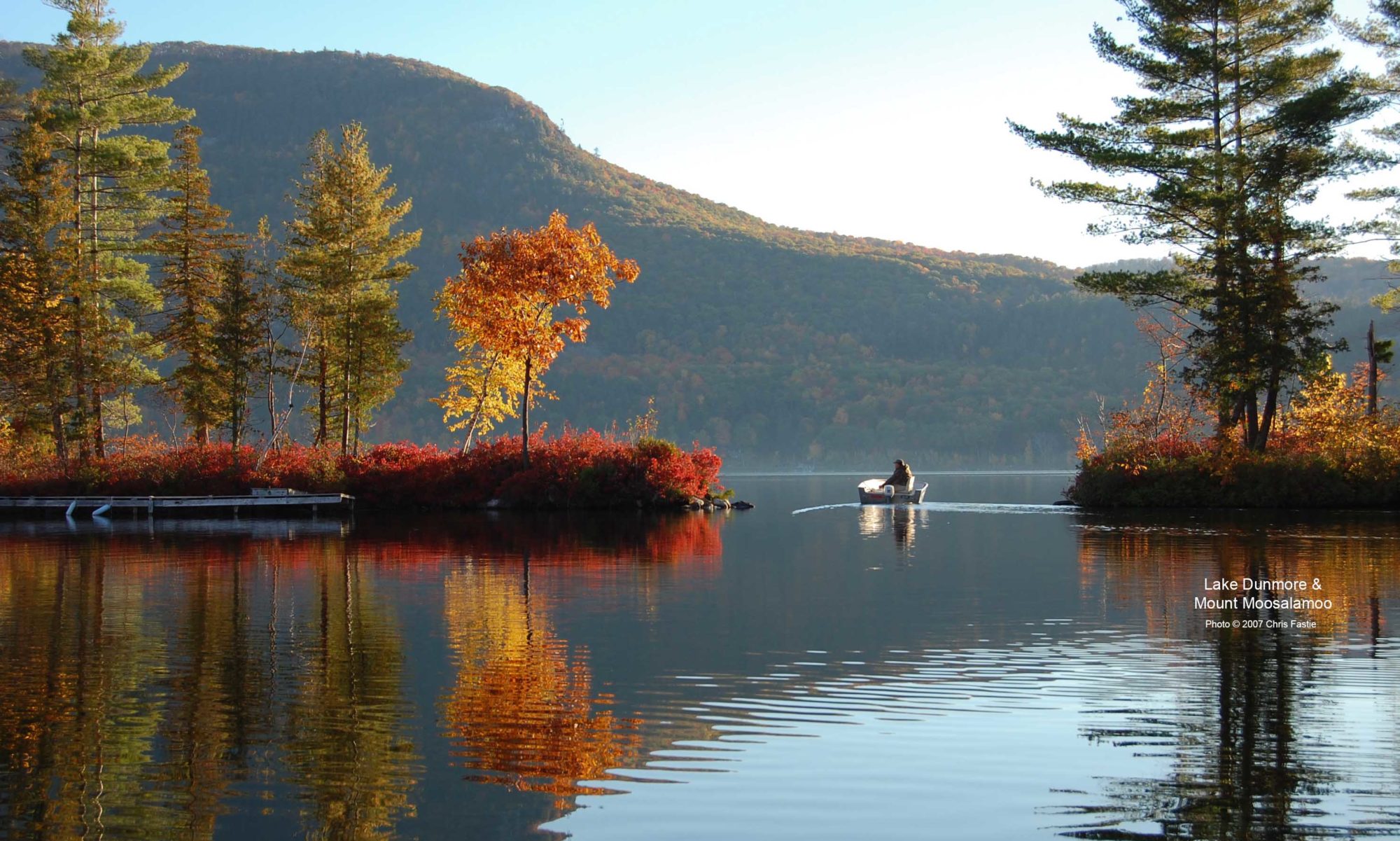In advance of last Thursday’s BLSG Board of Trustees meeting, Mike Blaisdell, BLSG Chair, called Patti Casey of the Vermont Agency of Agriculture. He wanted to discuss a statement Casey had made two weeks earlier. Casey was responding to the annual report that BLSG had submitted for inclusion in the Town Reports of BLSG’s member towns. The report included false claims about the ability of BLSG activities to reduce the risk that a resident will contract a mosquito-borne disease.
Casey’s response was unequivocal and confirmed our position that 1) BLSG is not authorized to mention that their operation has any impact on mosquito-borne disease, that 2) truck-mounted adulticide spraying has no substantial impact on mosquito-borne disease, and that 3) BLSG has been avoiding state recommendations and honest public relations for some time.
Before the board meeting Blaisdell had conferred with Jeff Whiting, BLSG Vice Chair representing Goshen, and decided that they would recommend that the Board comply with Casey’s requests to change BLSG’s stance on this issue. Blaisdell told the board that evening; “We feel that we shouldn’t say anything about the diseases that mosquitoes carry … because, one, it does look like we are trying to campaign off of the diseases that they carry.” There was an immediate response from Will Mathis, the BLSG Operations Manager; “Aren’t we?” This set the stage for a 15 minute discussion of whether BLSG’s longstanding strategy of overstating the risk of arboviruses to garner support for their activities was a good thing or a bad thing.
The consensus opinion of the board members seemed to be expressed by Wayne Rausenberger, BLSG Treasurer and board representative from Brandon; “I’m not sure we should go out and say that we are going to save everybody from triple E or west Nile, … but I don’t think we should just totally ignore it as well.” Blaisdell related Casey’s simple recommendation; “What they want us to do is tell the public the basics: cover up, put on DEET, fix holes in your screens, get rid of [standing] water, and tell them that if there are any health concerns they need to get in touch with the Department of Health.” In other words, BLSG should not mention mosquito-borne diseases. No one else in the room spoke up in support of this recommendation by the Vermont Agency of Agriculture.
Everyone who contributed to this discussion revealed their belief that BLSG activities reduced the risk to residents of contracting a mosquito-borne disease. The logic presented or assumed was that when we kill a bunch of mosquitoes we reduce the risk of mosquito-borne disease. But it doesn’t work that way when the chance of getting a disease is already tiny. That would be similar to saying you can reduce shark attacks in Florida by killing 100 sharks every year. There are a lot of swimmers in Florida waters and the probability that any swimmer will be attacked is so tiny that killing 100 sharks would not make any detectable difference in that probability (or else Florida would probably do that). In the BLSG District, the haphazard and intermittent killing of mosquitoes (99 to 100% of which are probably not capable of transmitting disease) will never significantly reduce the already incredibly small chance that someone will contract a disease (more here).
This is one reason the Agency of Agriculture and the Department of Health do not want BLSG making statements about health risks. The science of risk assessment is conceptually knotty and mathematically subtle. It requires specialist expertise, and misleading the public about health risks can have grave consequences.
Another reason is that there is good evidence that roadside ULV spraying of insecticides often has little impact on the spread of arboviruses even when infected mosquitoes are common and the spraying is done effectively. One careful field study near Boston concluded that “such insecticidal aerosols, delivered from the road, may not effectively reduce the force of transmission of WNV.” Another study concluded that “ULV has little impact on disease incidence, even when multiple applications are made.” Casey’s February 5 statement concludes; “Based on data and input from the Centers for Disease Control and Protection (CDC), we are certain that truck-mounted control of adult mosquitoes does not significantly disrupt the amplification of a vector-borne disease or virus in a mosquito population.” The fact that multiple members of the BLSG board show no sign of modifying their denial of these scientific conclusions should concern all of us.
In addition to a moratorium on making statements about health risks, Casey recommended that references to EEE, WNV, and Zika be removed from the BLSG website. Blaisdell told the Board; “Another thing is the website. The list of diseases. Those words need to be taken out, removed. Triple E, west Nile virus, all of that needs to be taken right out.” Will Mathis, who I think is responsible for the website, was not having any of that; “For what? What’s the reason? Give me the reason?” Blaisdell responded; “Because the state isn’t happy with us because of the communications recently and I really don’t want the headache.”
It seemed to be very difficult for board members to understand why they should not be allowed to even mention that mosquito-borne diseases were sometimes present in Vermont. Jeff Schumann, board representative from Salisbury; “I think we just need to look at our website through the lens of when we mention these diseases, we are not mentioning it as our mission is to control them. When we talk about our mission, our mission is to kill mosquitoes. Our mission isn’t to go out and control diseases. We can list a minimal amount of information [about arboviruses] and we can talk about the things that are out there and this [a link] is where you find information.”
Schumann’s approach seems reasonable, but that is not what the Agency of Agriculture is recommending. Casey asked Chairperson Blaisdell to remove everything about arboviruses. There should no longer be a menu heading titled “Information Center for Zika, EEE and WNV” (Zika is not transmitted by mosquitoes north of Florida and Texas). There should no longer be a seven page article on Zika with photos of babies with microcephaly. There should no longer be 2000 words of stale medical information about EEE and WNV.
If Casey’s request seems extreme, consider that Chairperson Blaisdell, who represents Pittsford, said that an important reason Pittsford decided to join the BLSG two years ago was their concern about mosquito-borne diseases. In other words, BLSG’s campaign of misinformation about arboviruses has already fooled a lot of people and wrongly influenced a major decision. Pittsford taxpayers will spend $53,000 this year and will not get in return what many of them think they are getting.
Blaisdell was directly asking his board and staff to delete some pages from the website, and got mostly a strong refusal. Mathis considered the web content to be “a perfect educational page.” He continued; “And I don’t think it’s offensive at all. That’s my opinion. And we haven’t had issues in how many years? Until now.”
Blaisdell responded; “Well, it has become an issue unfortunately.”
Mathis; “It’s been there for years.”
And that may be the problem. Maybe some things that have been part of BLSG for years should consider ending their tenure. No board member made a motion to follow the Agency of Agriculture’s recommendation. Today, the BLSG website has not been changed. The new Town Reports for most of the BLSG member towns include false information about the risk of mosquito-borne disease and BLSG’s ability to reduce that risk. Thousands of people in the BLSG District think they are being protected from mosquito-borne disease. They are not.
This seems like an excellent time to leave.

